I belong to a small, elite club that I would like to invite you to join.
It’s called, People Who Give a S— About Los Angeles.
If you detect a note of anger and impatience in that name, you got it.
Los Angeles, John D. MacDonald wrote in “A Deadly Shade of Gold,” is “the world’s biggest third-class city …”
And the fault, primarily, is yours. Not you, if you’re one of the relatively few Angelenos who vote in municipal elections, track city and county politics, get involved at the grass roots and in the corridors of power to make the city better.
But if you’re like the majority of Angelenos, then, yes, you’re the problem. A city only moves forward when everyone in the galley is pulling on the oars, and for too long, L.A. has been dead in the water.
On March 5, you’ll have another chance to get involved, just by the simple act of voting. This election is for mayor, city attorney and controller, eight City Council districts, three seats each on the boards of the Los Angeles Unified School District and the Los Angeles Community College District, and Measure B, a controversial sales tax increase.
If you do that, and get your friends and family to do so, too, you will be part of a small club. As of Feb. 21, 11 days before the election, only about 10 percent of voters who requested mail-in ballots had sent them back, according to Rick Orlov of the Los Angeles Daily News.
“The lack of public interest in the race — or perhaps it’s because there are so many candidates — has been evident in the early absentee ballots,” Orlov wrote.
We whine about traffic, about subpar schools, about the lack of public transportation, and neighborhood violence and the homeless and the airport, but only a minority of us gets involved.
Meanwhile, do a little traveling and you get city-envy: the well-tended open spaces of Berlin, the bike lanes and bike shares of New York, the water-wise programs in Boston, the street life of Tel Aviv, the job growth of Houston, the sustainable food economies of Portland and Oakland. Meanwhile, it was big news here last week when the mayor announced a timeline for filling the potholes on Wilshire Boulevard. Really? Potholes?
It’s not hard to figure out why Los Angeles appeared nowhere on a recent list of the world’s most innovative cities. The three finalists: New York City; Medellin, Colombia; and Tel Aviv.
I was stuck in traffic — thick, tarlike, time-sucking traffic on the 10 West — thinking: Why is that?
In practice, it’s a tough city to run, tangled as it is with the region’s many municipalities. Our columnist Raphael Sonenshein, executive director of the Pat Brown Institute at California State University, Los Angeles, created a pictorial guide for the excellent CityThink section of the Los Angeles magazine Web site, and, if nothing else, it’s a sober reminder of how complex it is to pull the levers of change in L.A.
But most of us don’t bother to try in the first place. People come to Los Angeles to realize their individual dreams. In their mad drive to turn their fantasies into reality, they ignore the realities around them. L.A. is a backdrop in the life story of its residents. For New Yorkers, their city is a lead character.
Whatever the reasons, the cost is clear: This election is about whether the city can continue to function, much less thrive. Municipalities, unlike the federal government, can’t print money. L.A. is facing a structural deficit that, if left unaddressed, will mean worse city services, less safety, fewer after-school programs, just a general slide backward.
L.A. Mayor Antonio Villaraigosa improved the city on many fronts, but the looming fiscal crisis is still unresolved. The next mayor must be a man or woman who has to be able to break tough news to entrenched interests about the city’s current mess but also be able to present a positive and inspiring vision for the future.
In a Los Angeles Times op-ed, former City Council member and onetime mayoral candidate Mike Woo laid that part out well: “Do any of the candidates have a big idea that could inspire the city? Bringing a World’s Fair to L.A.? Creating a citywide network of urban farms? Engaging the city’s vast creative community to reshape the urban landscape and solve city problems? Launching a community service corps energized by mandatory participation of the city’s teenagers? The mayor leading daily two-mile exercise hikes through urban or pastoral landscapes in the city? The mayor commuting daily to City Hall on public transit?”
Woo’s question touches on the real challenge of our political leadership: how to use the unparalleled creative talent and wealth of L.A.’s residents for L.A.
So, who can do that? Who’s the One?
The Jewish Journal, as a nonprofit, doesn’t endorse. But our reporter Jonah Lowenfeld has profiled the candidates for mayor and city attorney, and the other municipal issues, and you can get a crash course on them at jewishjournal.com/la_mayors_race.
Read up, vote and tell your friends: Join the club.
Rob Eshman is publisher and editor-in-chief of TRIBE Media Corp./Jewish Journal. E-mail him at robe@jewishjournal.com. You can
follow him on Twitter @foodaism.








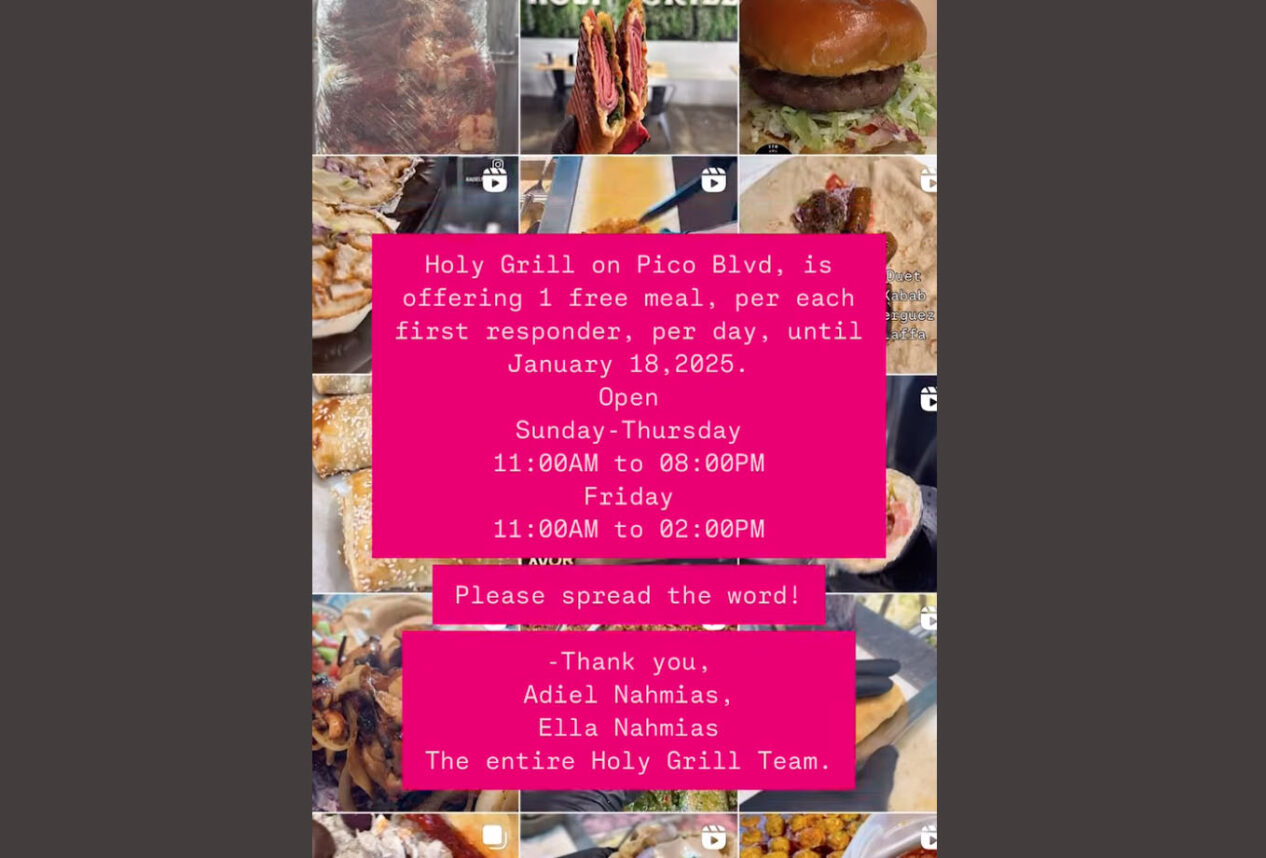
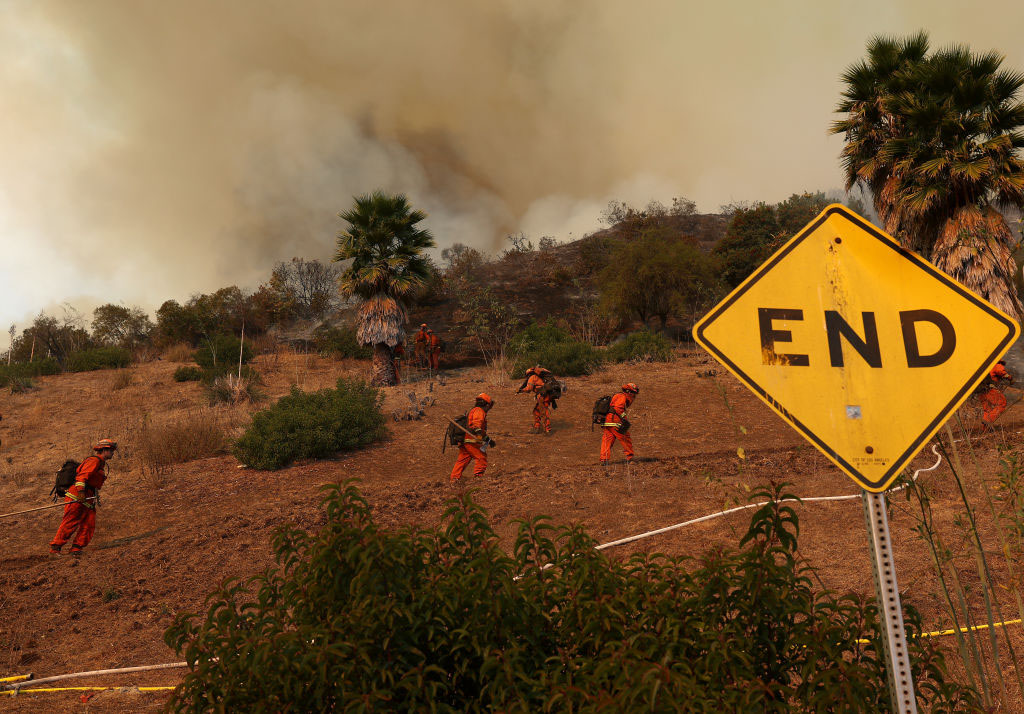
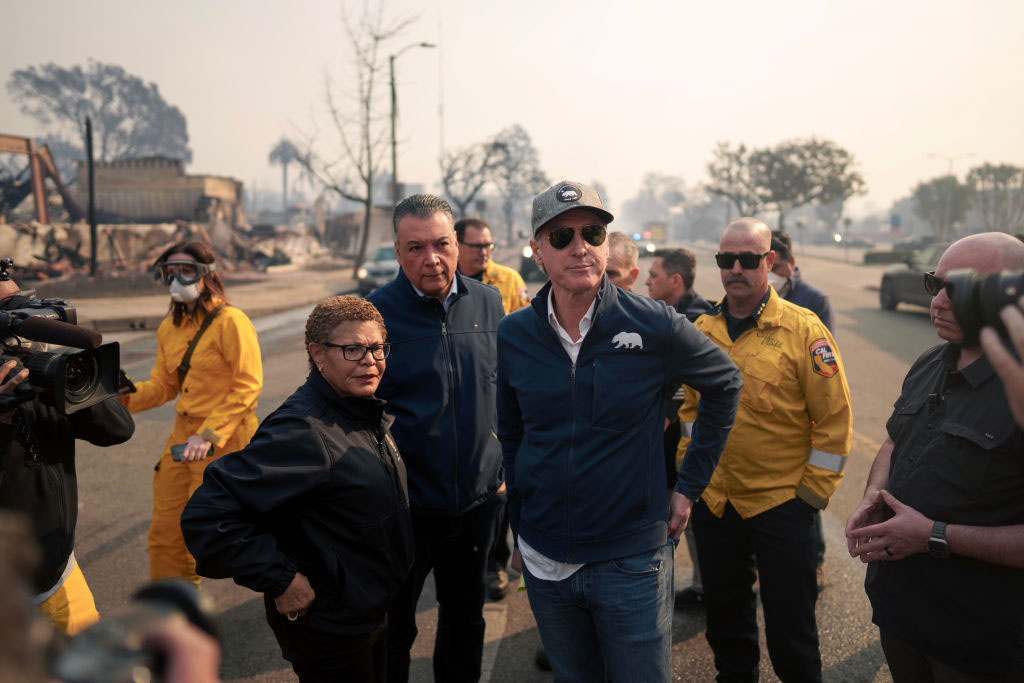
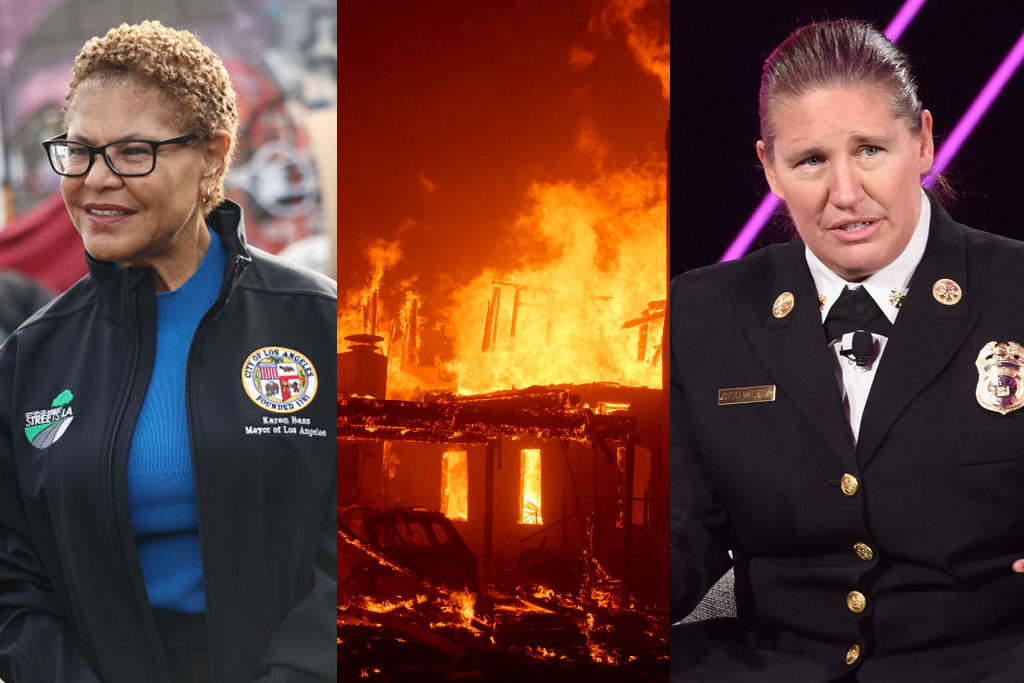
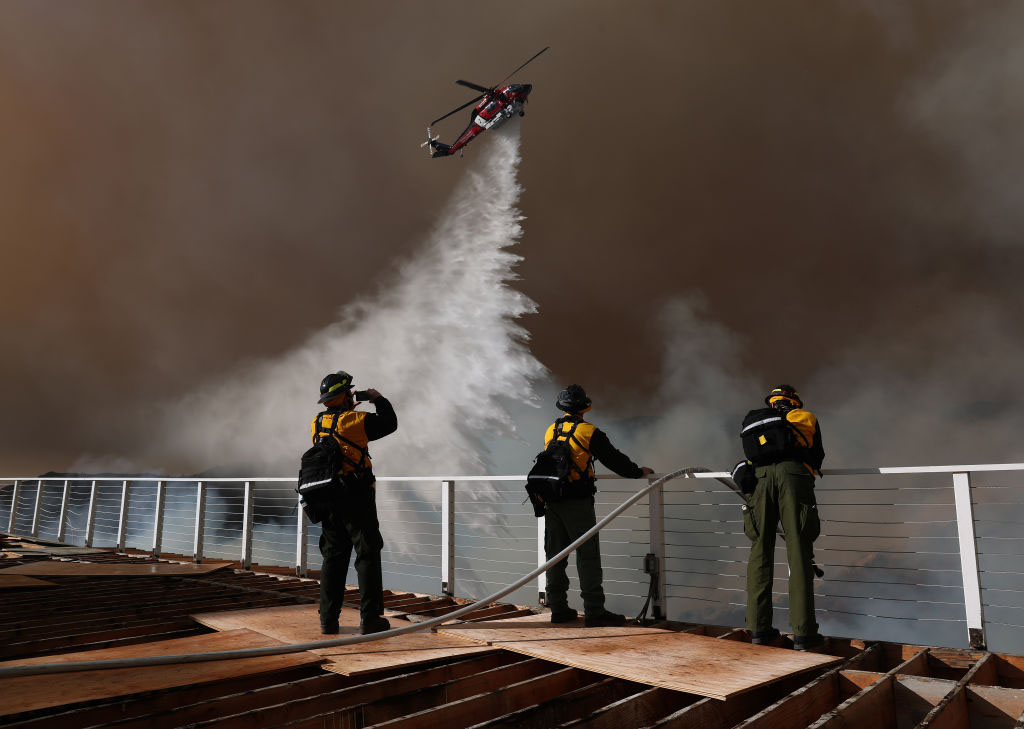
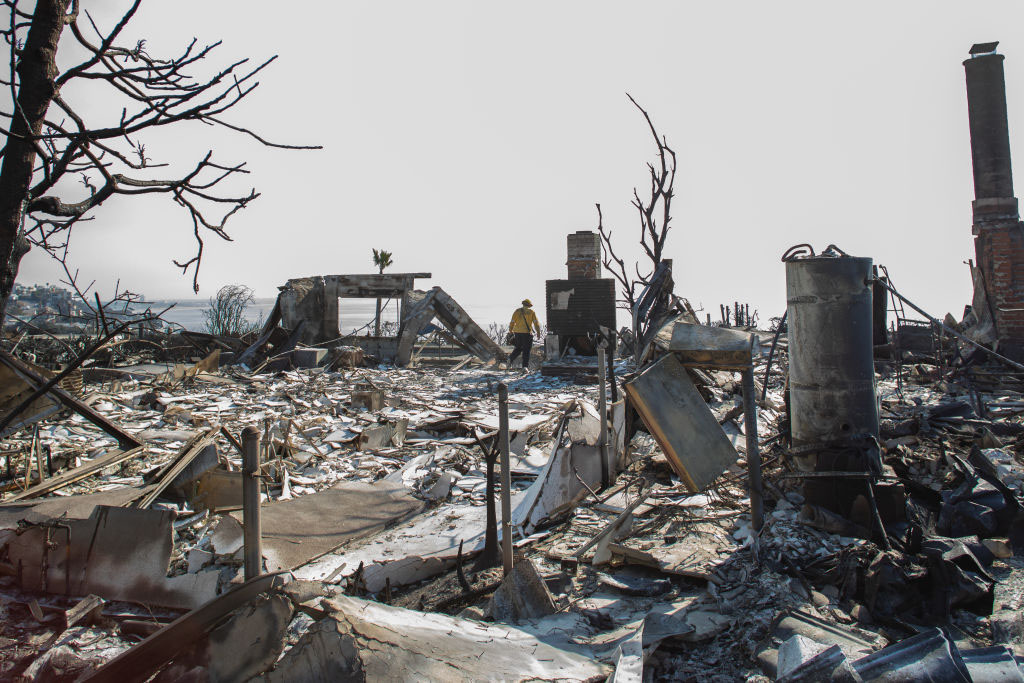
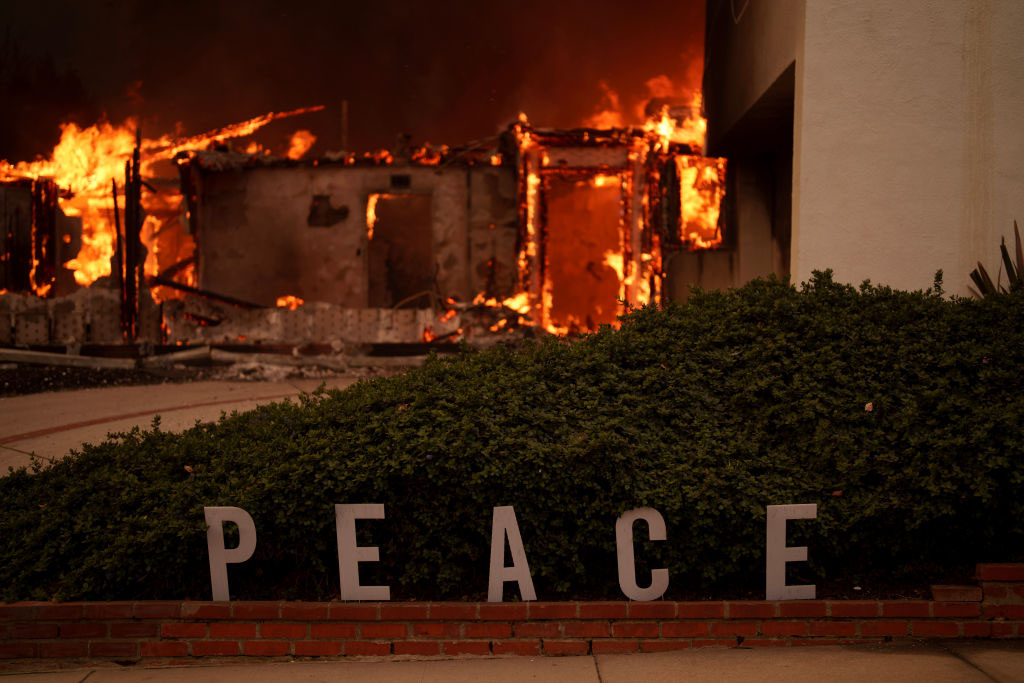
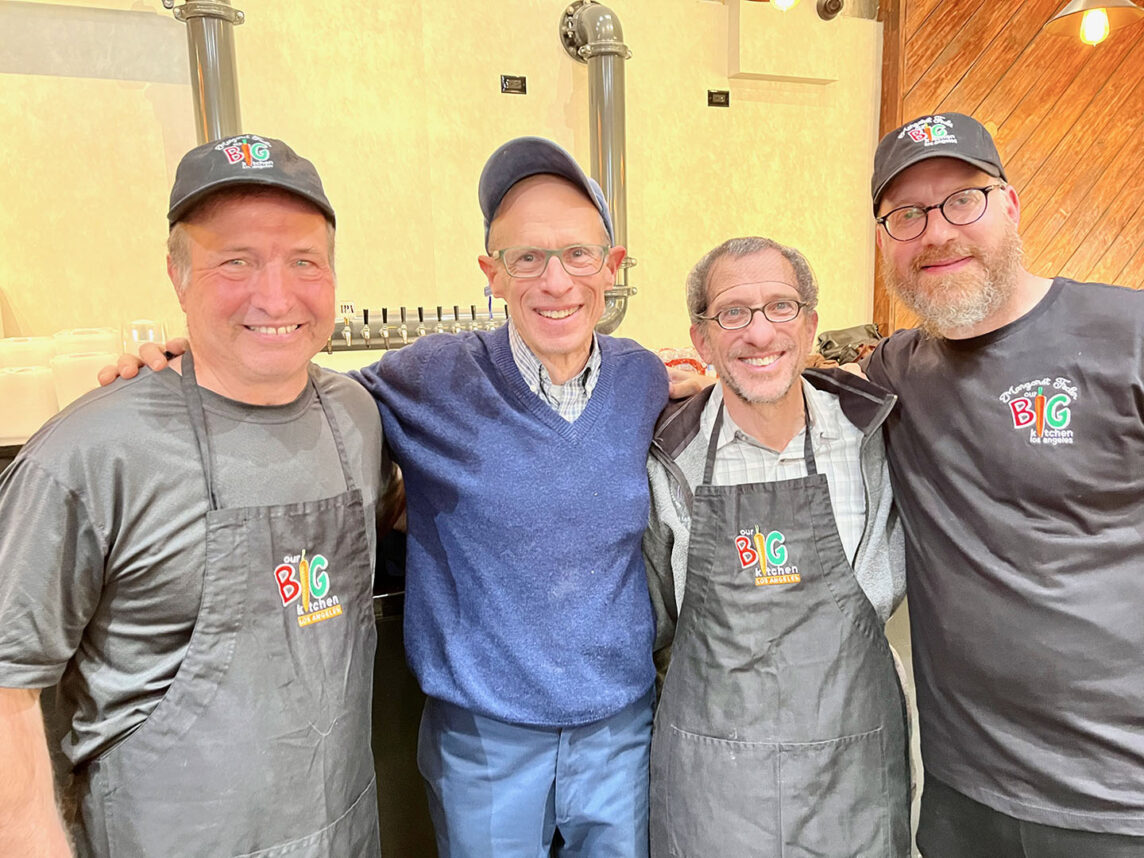
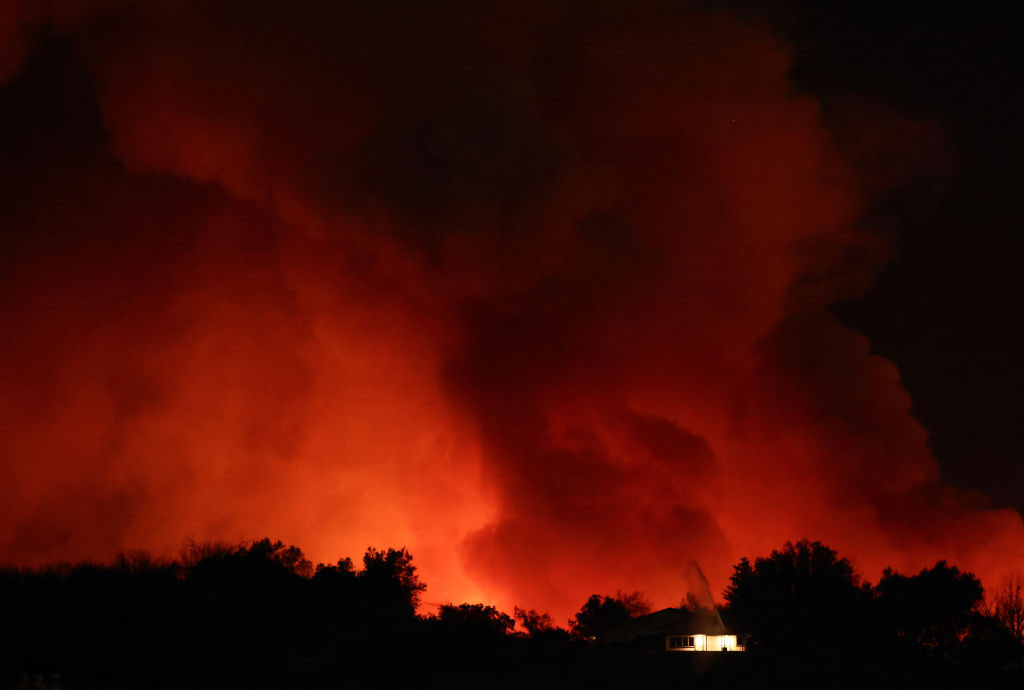




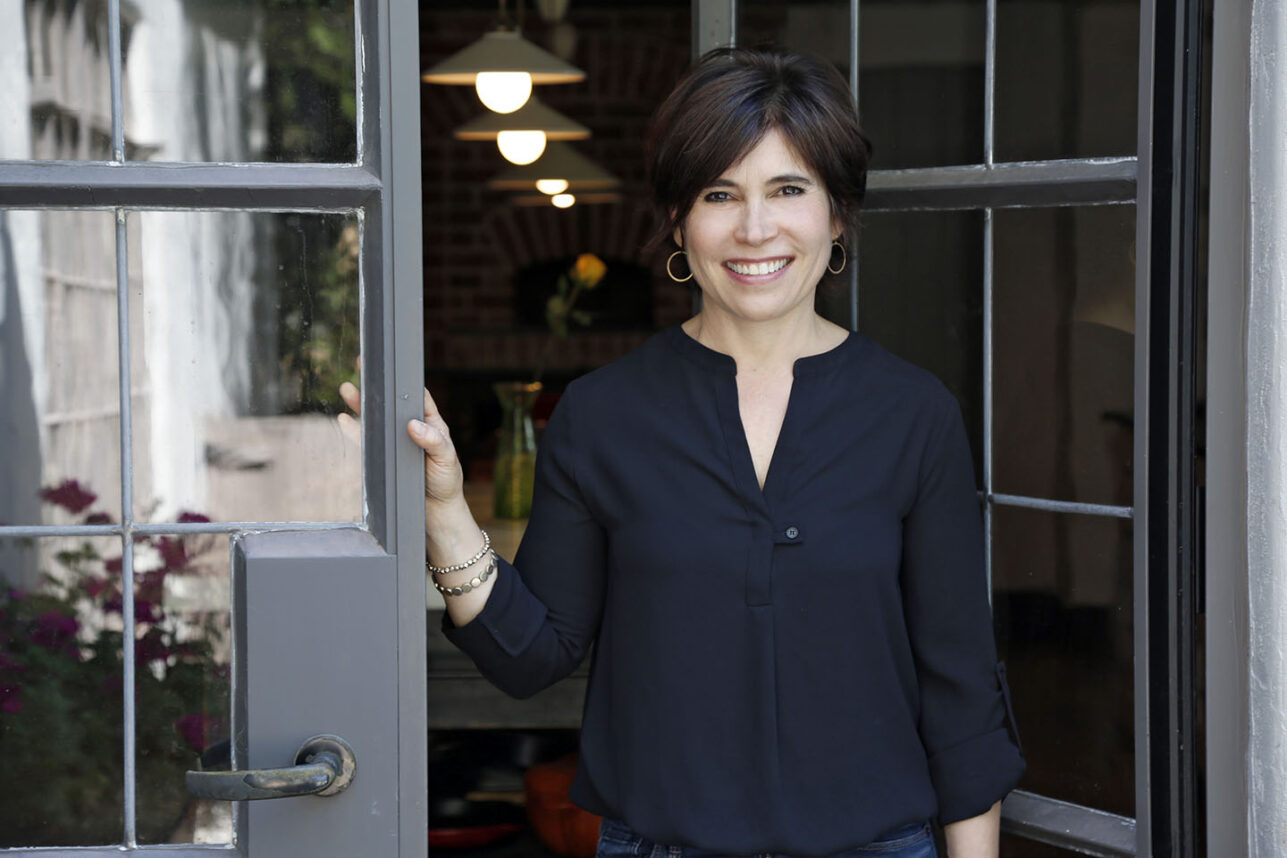


 More news and opinions than at a Shabbat dinner, right in your inbox.
More news and opinions than at a Shabbat dinner, right in your inbox.